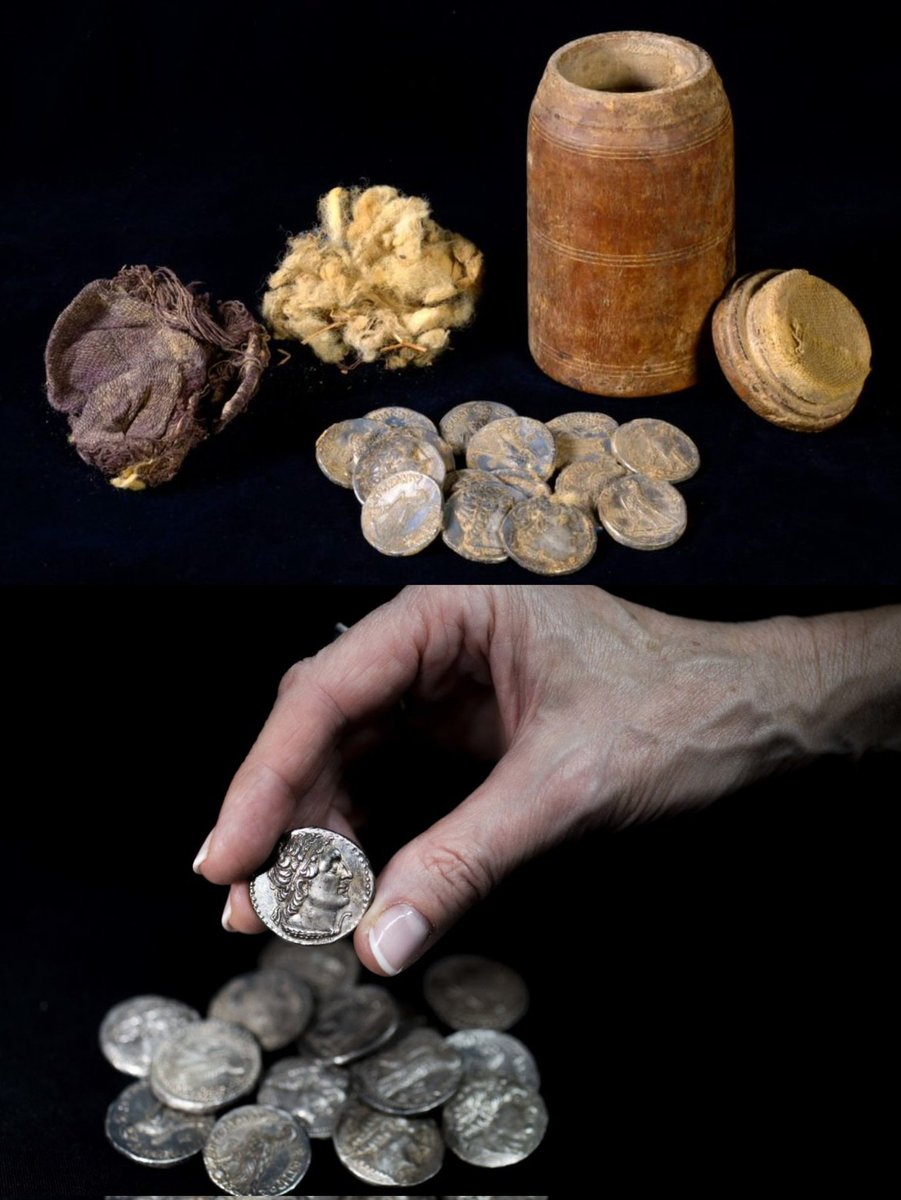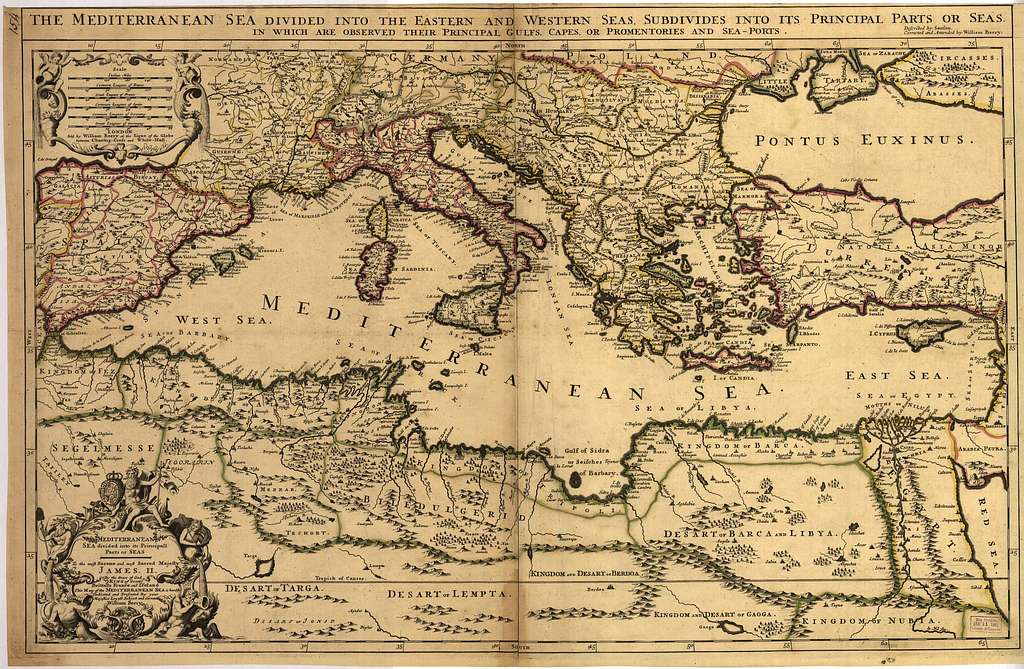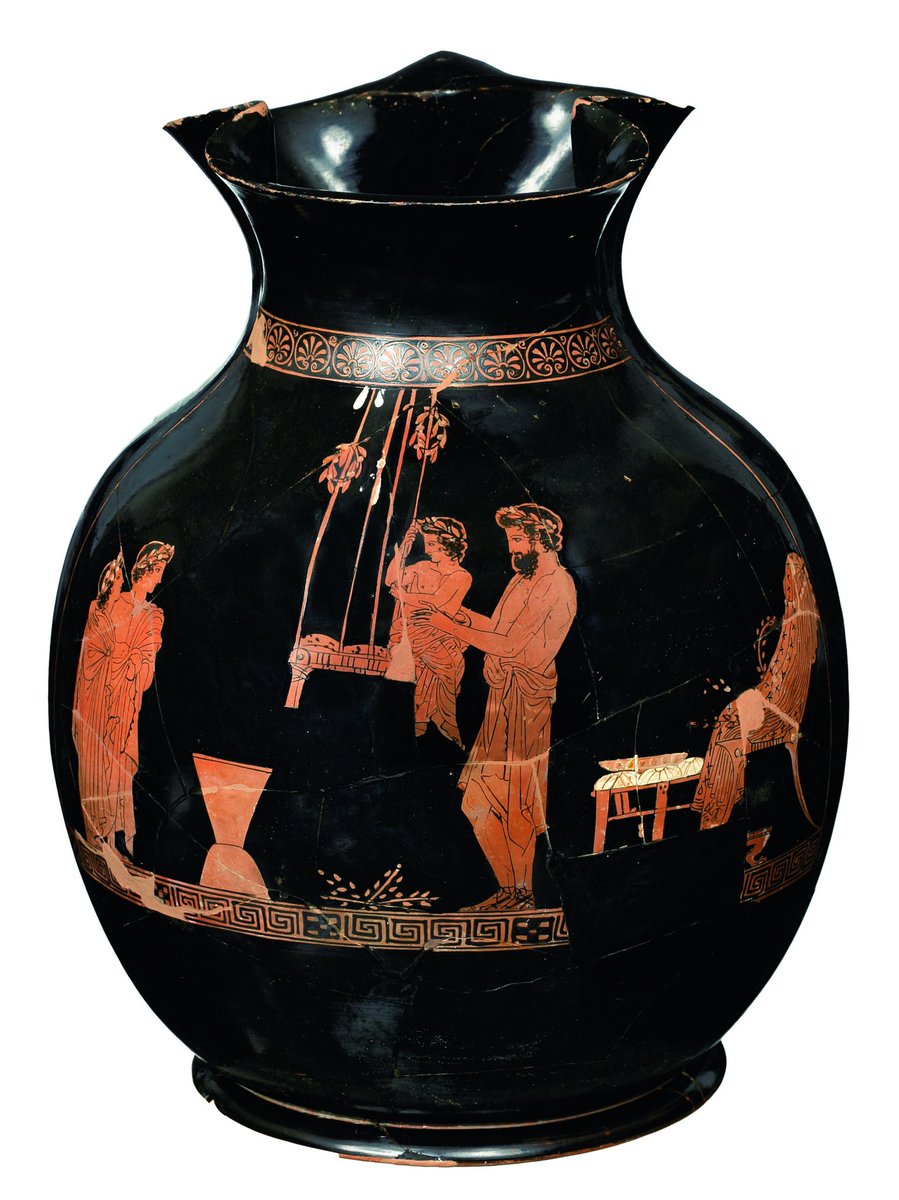Mycenae, one of the most important centers of #BronzeAge Greece. At its peak in 1350 BCE, the citadel and lower town had a population of 30,000 people.
According to #mythology Mycenae was ruled by the House of Atreus and his descendants are known as Atreidae.
#Archaeology
According to #mythology Mycenae was ruled by the House of Atreus and his descendants are known as Atreidae.
#Archaeology

Mycenae developed into a major power during 1550 - 1450 BCE when the Cretan (Minoan) hegemony over the Aegean started to decline. Mycenaeans took over Crete, the islands and expanded even in small parts of W. Anatolia. They replaced the Minoans as the maritime power. 

Mycenaeans created the first organized bureaucratic civilization of mainland Europe and they were using the Linear B syllabic script, the earliest attested form of Greek. The oldest Mycenaean writing found dates to about 1400 BCE.mnamon.sns.it/index.php?page…
researchgate.net/figure/a-The-b…
researchgate.net/figure/a-The-b…

The Mycenaean world wasn't united into one state but dominated by a warrior elite society, consisting of a network of palace-centered states ruled by the wanax (Άναξ), the King👑.
Lion Gate of Mycenae ©Alamy
Lion Gate of Mycenae ©Alamy
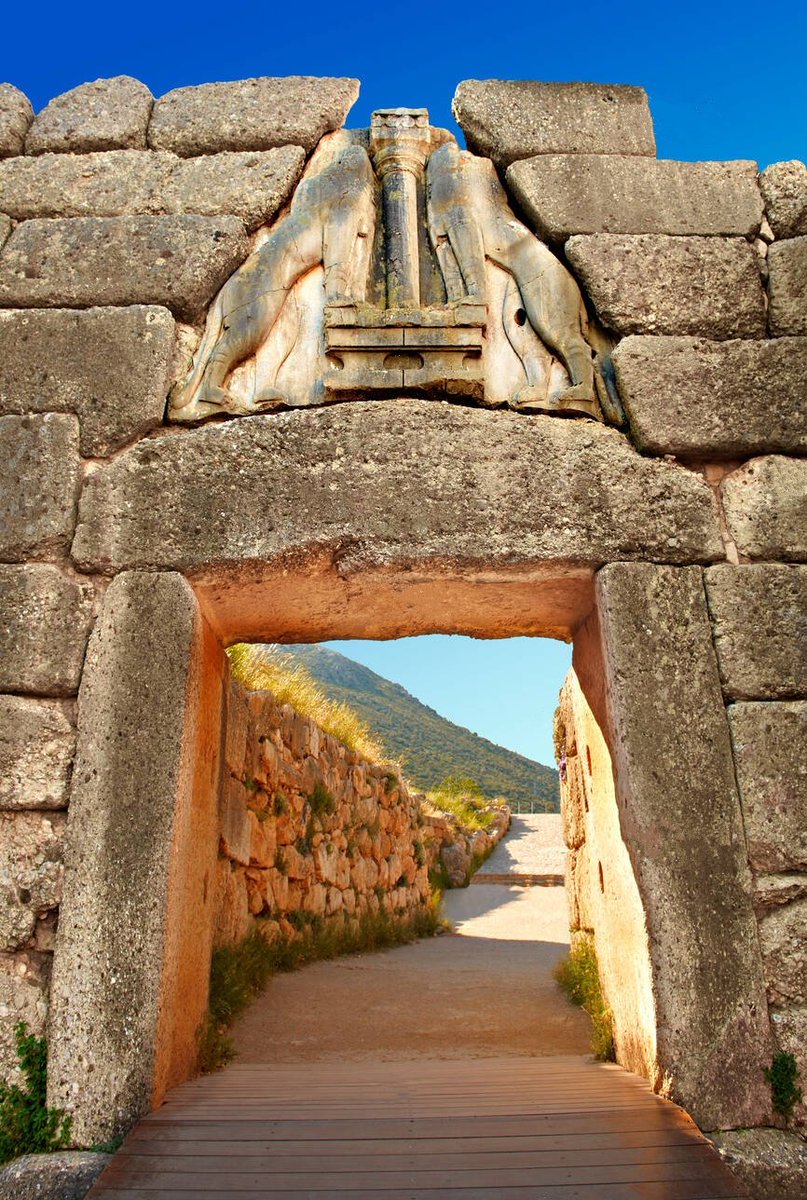
Nomenclature: How did the Mycenaeans called themselves?
Perhaps the closest we can get to understanding a concept of unity among Greek-speaking communities in the late Bronze Age is from Homer and comparing it with the "Ahhiyawa" term which is
Perhaps the closest we can get to understanding a concept of unity among Greek-speaking communities in the late Bronze Age is from Homer and comparing it with the "Ahhiyawa" term which is

attested in Hittite inscriptions. In Homer the Mycenaeans were referred as Achaians.
If we accept that the Homeric epics preserve Mycenaean places and names, it seems possible that Mycenaean-era dwellers on the Greek mainland might have thought of themselves as part of "Achaia".



If we accept that the Homeric epics preserve Mycenaean places and names, it seems possible that Mycenaean-era dwellers on the Greek mainland might have thought of themselves as part of "Achaia".




Mycenae was destroyed as part of the Bronze Age Collapse around 1200 BCE. The causes of this major event is still unknown and highly debated.
It was partly rebuilt after, though it was no longer the center of a centralized literate bureacuracy.
It was partly rebuilt after, though it was no longer the center of a centralized literate bureacuracy.

The site remained sparsely populated for the next centuries. People of Mycenae are among those men who fought against the Persian invasion of Greece while some sites continued to be inhabited until the Hellenistic period. During the Roman period, Mycenae was totally abandoned. 

But it seems that during that period of the Pax Romana, famous sites connected with the Homeric Epics were popular touristic destinations. Pausanias (2nd c. CE) visited the site and briefly described the prominent fortifications and the Lion Gate, still visible in his time. 
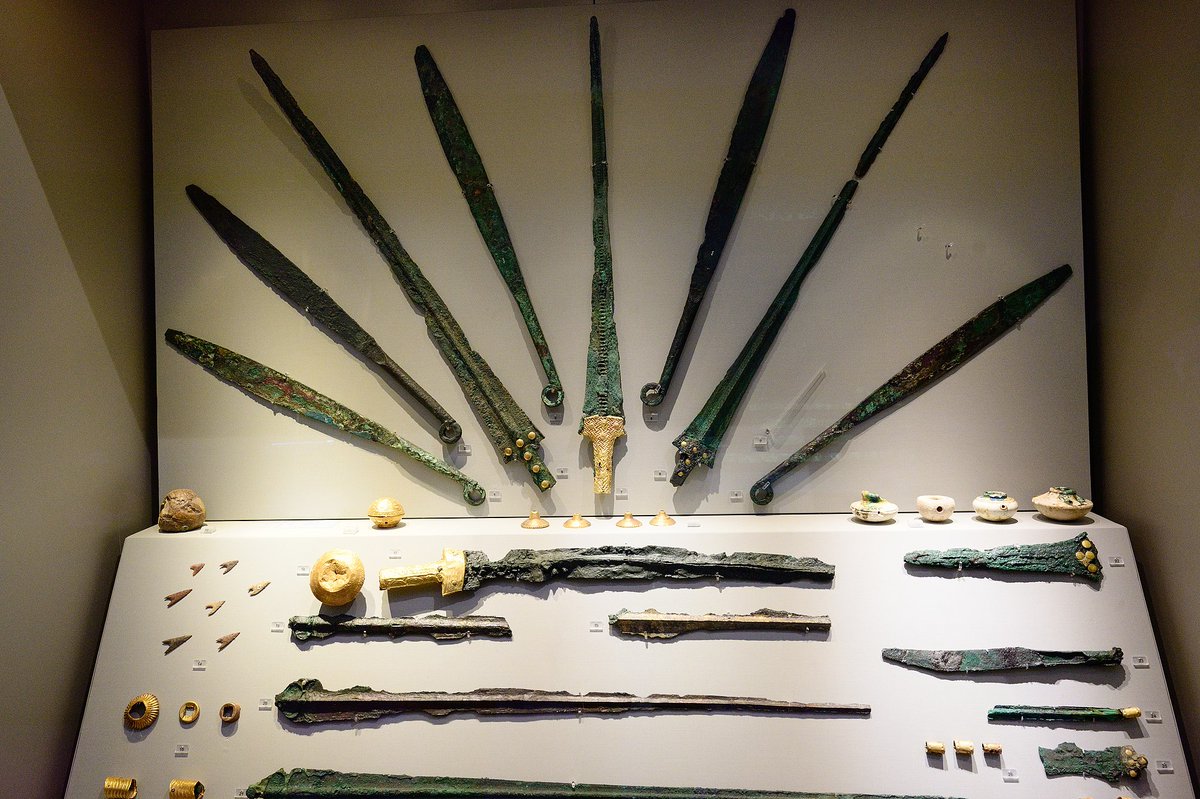
The first excavations at Mycenae were carried out by Greek archaeologist Kyriakos Pittakis in 1841 and later in 1876, a complete excavation by Heinrich Schliemann.
Homer was right, Mycenae was indeed "Golden".
©part of the golden artifacts unearthed from tombs in Mycenae



Homer was right, Mycenae was indeed "Golden".
©part of the golden artifacts unearthed from tombs in Mycenae

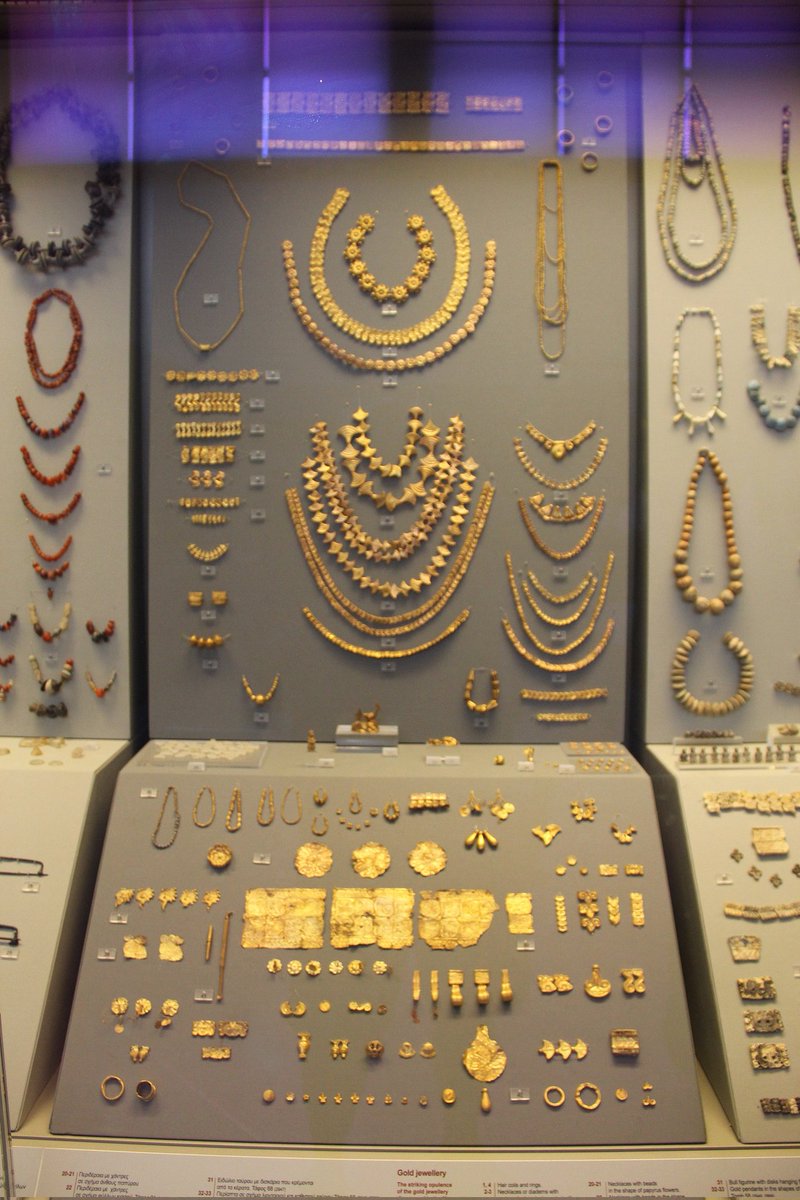


Sorry if you thought I was going to make a thread about Troy or the House of Atreus or any event related with all the drama of this house...no no
Maybe some other time❤
Maybe some other time❤
• • •
Missing some Tweet in this thread? You can try to
force a refresh


